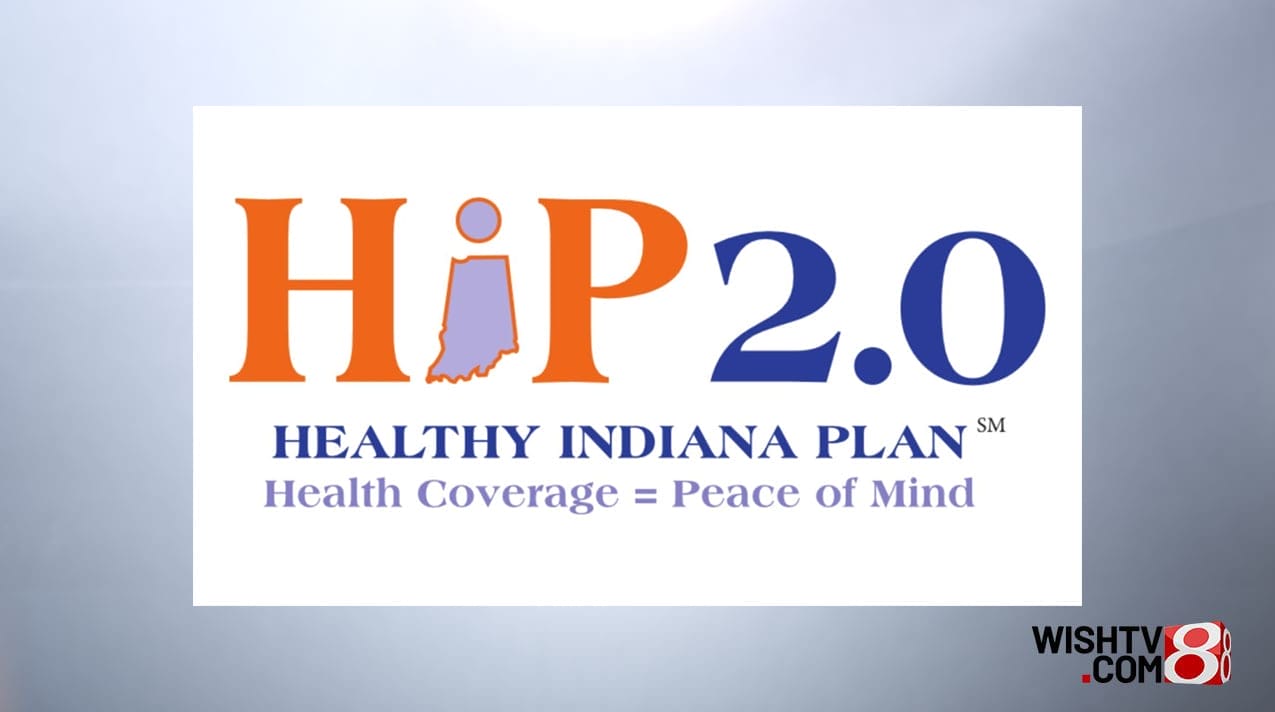FSSA seeks stay in Healthy Indiana Plan case; says ruling threatens coverage and funding
INDIANAPOLIS (INDIANA CAPITAL CHRONICLE) — The Indiana Family and Social Services Administration (FSSA) on Friday filed to stay a federal court ruling that it says invalidated the state’s Medicaid expansion program for moderate-income adults under 65.
The agency also has appealed the ruling to the D.C. Circuit Court.
FSSA said in court filings that vacating the federal approval for the plan “will result in serious negative consequences for FSSA’s members that go far beyond eliminating FSSA’s authority to require POWER Account contributions.”
The agency said the loss of the waiver creates funding risks too.
HIP has more than 762,000 beneficiaries receiving coverage. And more is at play than just the contributions as Indiana lawmakers approved the program specifically with this cost-sharing model.
“There are good reasons to believe that FSSA could prevail on the merits — or at least convince an appeals court that the disruptive consequences of vacatur favor remanding without vacating. A stay, meanwhile, would have a limited impact on the plaintiffs,” the filing said.
FSSA said it plans to keep contributions paused at this time.
Without a federal waiver, agency officials said it will be forced to transition more than 335,000 Hoosiers from HIP Plus to HIP Basic.
“Transitioned beneficiaries will lose access to benefits for dental, vision, chiropractic, bariatric surgery, and TMJ surgery, along with other increased benefits, and will need to start making co-payments for services as received or utilized—even though many members would prefer to make predictable monthly POWER Account contributions rather than scrounge up money for co-payments whenever they happen to visit the doctor or stay in the hospital.”
The agency also said the state will have to make extensive changes to systems and contracts, which will tie up substantial resources for 12 months or more.
FSSA also sent a letter to the Centers for Medicare and Medicaid Services asking CMS to support the state’s motion and reissue the HIP approval in its entirety if a stay is not granted. The letter also reiterated that the ability to collect POWER account contributions was fundamental to Indiana’s decision to expand Medicaid.
A press release from the agency late Friday said the removal of the entire HIP approval also risks the state’s ability to collect the Hospital Assessment Fee, which helps fund coverage for HIP members.
The Hospital Assessment Fee, which hospitals agreed to as part of expanding Medicaid, brought in $343 million in fiscal year 2023.
“Without this funding, it is unlikely the state can continue to provide coverage at the current enrollment, utilization, and reimbursement levels,” the press release said.
Three Hoosier plaintiffs utilizing HIP sued HHS over its approval of POWER Accounts and work requirements as well as state rules barring retroactive coverage and blocking payments for non-emergency medical transport. The judge ruled in favor of those three plaintiffs — though work requirements under HIP had previously been struck by the Biden Administration.
Boasberg in his ruling against the program pointed to data showing that premiums have “threatened” coverage for thousands of Hoosiers.
“In other words, nearly 60,000 Hoosiers — a whopping 29% of all Hoosiers subject to premiums — were disenrolled from or never enrolled in HIP 2.0 because of non-payment,” he wrote. “And over half of all beneficiaries, or 324,840 Indiana residents, who were required to pay premiums missed at least one payment in 2015–16.”
Chief Judge James E. Boasberg in late June found fault with the U.S. Department of Health and Human Services’ (HHS) 2020 approval of various aspects of the Healthy Indiana Plan 2.0 — including POWER Accounts and the lack of retroactive coverage.
POWER Accounts are a premium of sorts for Medicaid enrollees above a certain income threshold and expand coverage for services like dental. They were set to go back into effect on July 1 after a COVID-related pause, but the agency halted them again after the ruling.



